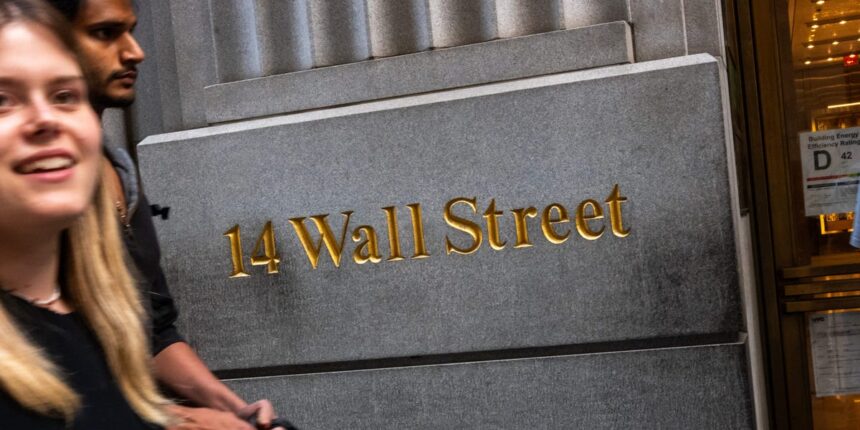In a vivid recounting of the tumultuous days leading to the collapse of Lehman Brothers in 2008, Mo Haghbin, head of strategic ETFs at ProShares, shared his experiences from his time at Barclays Global Investors. At that time, he was in charge of the trading operations desk for a fixed-income hedge fund, where he faced the spiraling crisis head-on as Lehman Brothers, one of the firm’s key counterparties, began to falter.
“As we approached the weekend when Lehman collapsed, we noticed a troubling trend: margin payments from them had abruptly ceased,” Haghbin recalled. He detailed how the situation deteriorated to the point where requests for margin movements went unanswered. “We would send money out and request payments in but were met with silence. Initially, I thought it was an administrative error; however, it soon became clear that the firm was grappling with a severe liquidity crisis, unable to fulfill its obligations.”
As the financial world held its breath, chaos erupted not just within Barclays but across Wall Street in the weeks after Lehman’s demise. Haghbin remembered the urgency and intensity of that critical weekend. “That weekend, we were in the office at 4 am,” he said, highlighting the high-stakes atmosphere prevailing in the firm. The trading floor transformed into crisis rooms where frantic teams worked relentlessly to address the escalating disaster. “People were buying extra shirts and clothes because they wouldn’t be going home anytime soon. We worked around the clock, pushing to navigate through the crisis.”
Perhaps the most striking aspect of that period for Haghbin was how the corporate hierarchy was temporarily dismantled. “It was fascinating to witness how things changed in terms of visibility and seniority. There were no distinctions between junior and senior staff – everyone was contributing to problem-solving,” he noted. The standard boundaries of rank faded, with managing directors and analysts alike collaborating closely to tackle the challenges that arose. Titles became irrelevant in the face of a shared mission to salvage the dire situation.
As Haghbin reflected on those turbulent days, he illustrated the profound impact that the collapse of Lehman Brothers had not just on the financial sector, but also on workplace dynamics, marking a pivotal moment in the history of finance.






